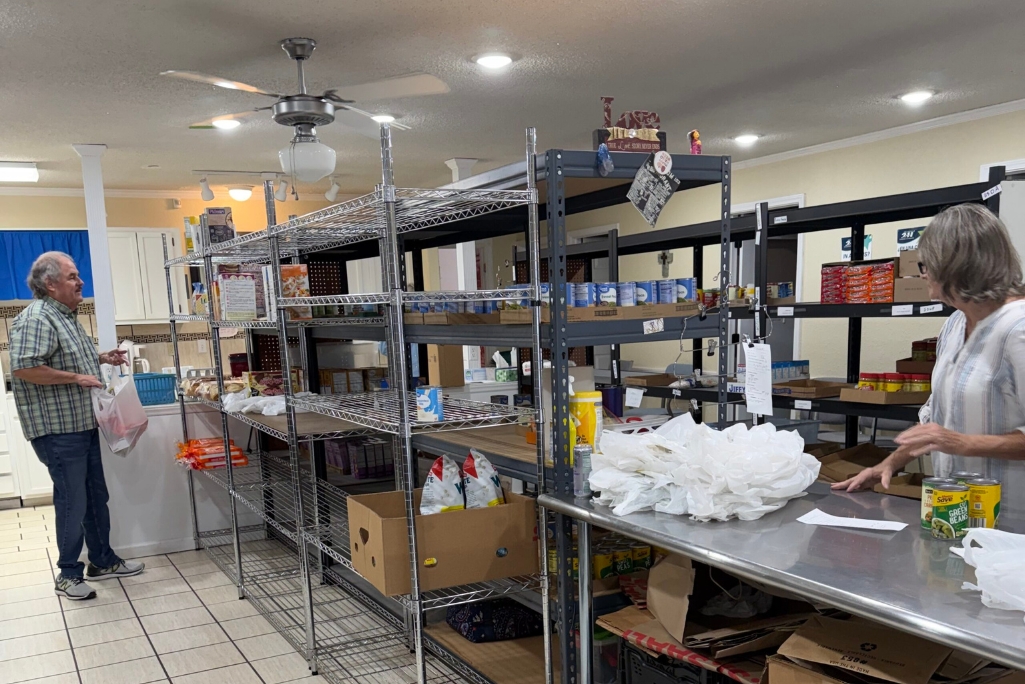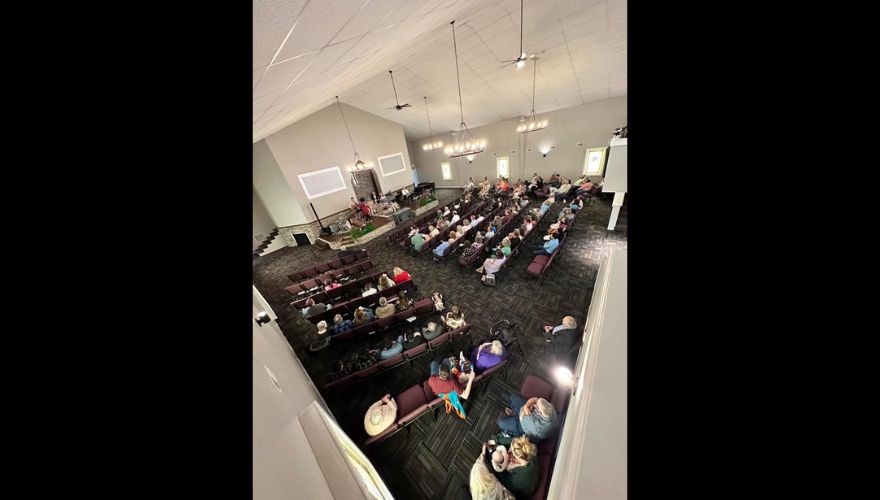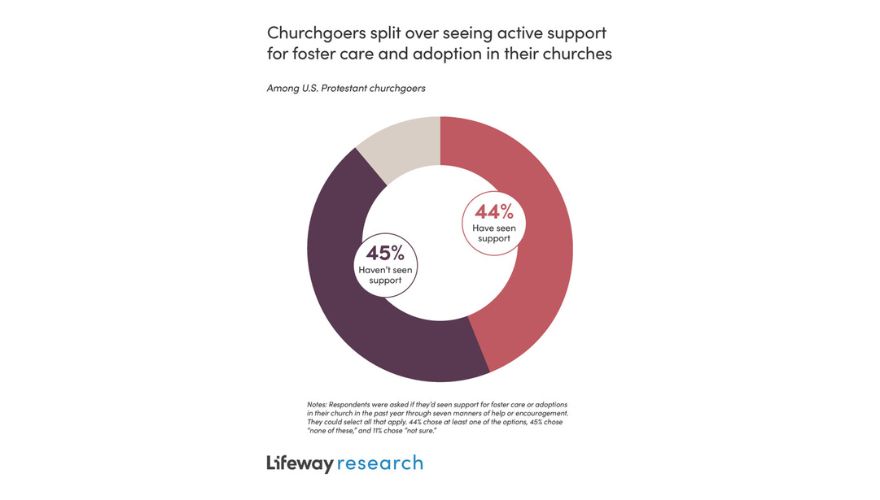
Volunteers stock the pantry at The Good Samaritan Ministry in Claremore, Okla.
NASHVILLE (BP) — The uptick in those visiting The Good Samaritan Ministry began weeks ago, Wilma Erickson noticed.
“It’s really almost doubled,” Erickson told Baptist Press Thursday (Oct. 30). “On Tuesday, we had 50 families over four hours and it wiped us out of produce, milk and eggs. I’ve seen a lot of senior citizens and single parents, especially, who are used to getting a lot on SNAP but were cut back, and now they’re getting nothing starting in November and they’re panicking.”
“Panic” is a word Erickson used several times.
Currently, more than 684,000 Oklahomans rely on benefits from the Supplemental Nutrition Assistance Program. For the 2024 fiscal year, SNAP served an average of 41.7 million participants every month. Due to the federal government shutdown, those benefits will be suspended starting Saturday (Nov. 1).
For how long, no one knows.
The anxiety has become palpable at The Good Samaritan Ministry, started by Faith Baptist Church in Claremore, Okla., nearly 30 years ago. It is now operated independently of the church and is overseen by eight congregations. Its ties remain strong with Faith Baptist, though, as it sits on a property adjacent to the church, several members volunteer, and Pastor Daniel Rasor is a member of the board. Erickson, also a member at Faith, is in her fourth year as the ministry’s director.
“We’re seeing a lot of new clients,” she said. “They’re panicking. It’s been hectic.”
David Lix, resource missionary at Columbus Ministry Center in Columbus, Ga., is seeing the same thing.
“We’ve had about a 200% increase in call volume,” Lix said. “As soon as we put the phone down, it’s ringing again. People are scared because, unfortunately, they’ve been on food stamps so long they don’t know how to live without it. But we’re going to serve as many as we can.”
The government shutdown also affects groups like the Columbus Ministry Center, which is operated out of the Columbus Baptist Association (CBA). Federal programs help stock regional food pantries, which in turn, become a source for local food ministries.
“I’ve been through this many times and know that the distribution line for government food is going to be disrupted,” Lix said. “If they’re shut down for one week, it’ll take three for things to get rolling again.”
That happens while food requests remain and even grow. Lix goes from getting a can of green beans for 19 cents to about 50 cents at Walmart. It leads to fewer items he can purchase and getting creative with what he has. Instead of separate items, kits include ingredients for meals like spaghetti and chicken alfredo.
“Pastas and rice are fairly cheap, and we’re going pretty heavy on macaroni and cheese, peanut butter and jelly, different types of beans to make stuff like chili,” Lix said, adding that contributions from CBA churches have grown even more crucial.
“They’ve stepped up,” he said.
Erickson has the same scenario in Claremore, stretching a dollar as far as possible. Volunteers and churches have filled the gap as best they can. Ministry includes invitations to church and prayer when accepted.
“We’re glad we can help,” she said. “I feel for those who are going to suffer the most. We give them food and pass the daily bread to everyone who comes.”
(EDITOR’S NOTE — Scott Barkley is chief national correspondent for Baptist Press.)


